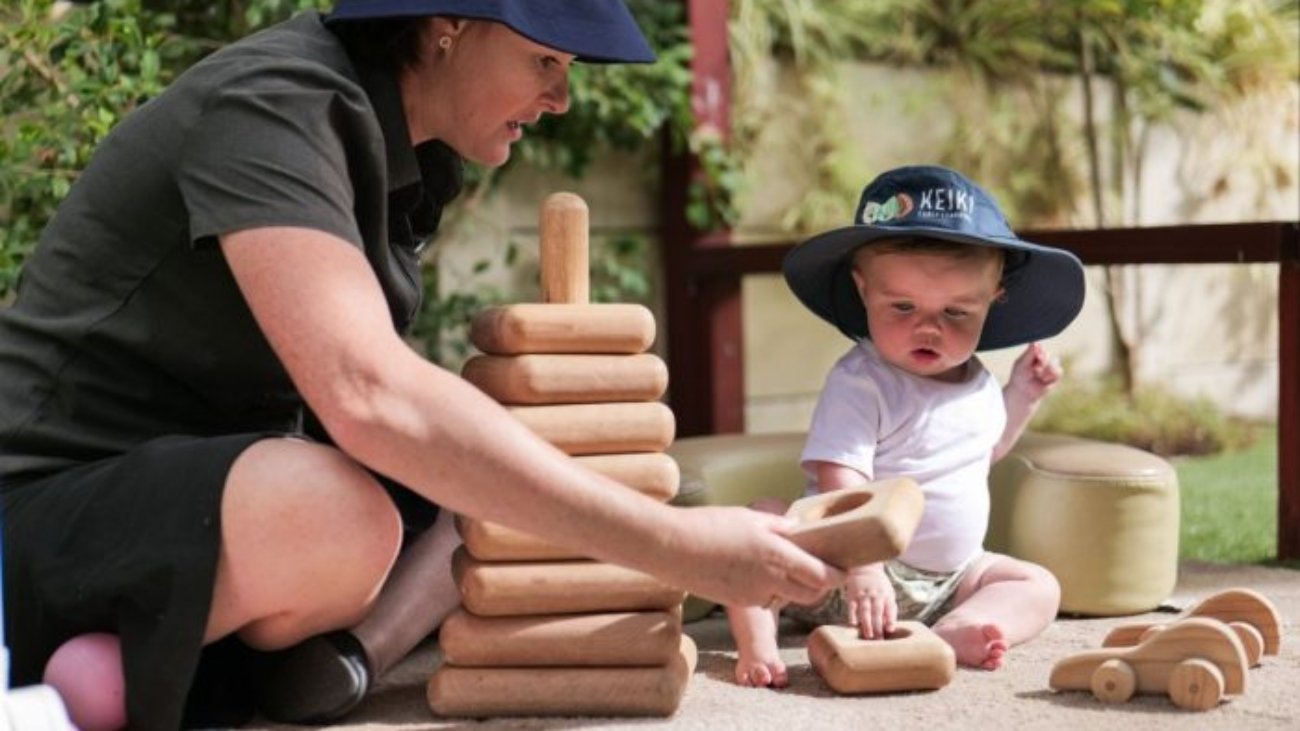Raising a child is one of life’s most rewarding—and challenging—journeys. Whether you’re a new parent or experienced caregiver, navigating the world of baby and child care can sometimes feel overwhelming. From nutrition and sleep to emotional development and safety, each stage requires attention, patience, and love.
Here’s a comprehensive guide packed with essential baby and child care advice to support you in giving your little one the best possible start in life.
1. Nutrition: Building Blocks for Growth
Proper nutrition is crucial for your child’s physical and mental development. Babies and young children need different nutrients at different stages, so feeding them right is key.
For Babies:
- 0–6 months: Breast milk or formula is the only source of nutrition.
- 6+ months: Start introducing solids like pureed vegetables, fruits, and iron-rich cereals while continuing breast/formula feeding.
For Toddlers and Children:
- Offer a balanced diet with fruits, vegetables, whole grains, proteins, and dairy.
- Avoid excessive sugar, salt, and processed foods.
- Introduce new foods slowly and be patient with picky eaters.
Tip: Make mealtimes relaxed and fun. Involve children in food prep when possible.
2. Sleep: A Foundation for Healthy Development
Sleep is essential for a child’s growth, immune function, and brain development.
General Sleep Guidelines:
- Newborns (0–3 months): 14–17 hours/day, often in short intervals.
- Infants (4–11 months): 12–15 hours/day, including naps.
- Toddlers (1–2 years): 11–14 hours/day.
- Preschoolers (3–5 years): 10–13 hours/day.
Tips:
- Establish a consistent bedtime routine—bath, books, cuddles.
- Ensure a safe sleep environment: firm mattress, no loose bedding, crib safety standards.
- Avoid screens an hour before bed.
3. Hygiene and Daily Care
Good hygiene habits promote health and reduce the risk of infections.
Baby Care Basics:
- Bathe your baby 2–3 times per week or as needed.
- Clean diaper area thoroughly with each change to avoid rashes.
- Keep baby’s nails trimmed and skin moisturized.
Child Care Basics:
- Teach handwashing before meals and after play.
- Brush teeth twice daily from the eruption of the first tooth.
- Keep hair, ears, and clothing clean and appropriate for the season.
4. Health and Wellness
Regular medical checkups and vaccinations are crucial to monitor development and prevent illness.
Tips:
- Follow your pediatrician’s schedule for immunizations and well-child visits.
- Monitor growth milestones: physical, cognitive, and emotional.
- Know when to call the doctor—fever, persistent crying, rash, or breathing issues.
5. Emotional and Social Development
Children need love, attention, and security to thrive emotionally.
Tips:
- Respond to cries with empathy—babies cry to communicate, not manipulate.
- Offer plenty of cuddles, eye contact, and positive reinforcement.
- Encourage playdates and group activities as they grow to develop social skills.
6. Safety at Every Stage
Creating a safe environment reduces the risk of accidents and injuries.
For Babies:
- Use baby gates, cabinet locks, and outlet covers.
- Always supervise tummy time and avoid leaving baby unattended on high surfaces.
- Ensure car seats are properly installed and age-appropriate.
For Children:
- Teach safety rules—no running near streets, don’t touch sharp objects, avoid talking to strangers.
- Supervise outdoor play and water activities.
- Store medications, cleaning supplies, and sharp objects out of reach.
7. Mental Stimulation and Learning
Learning begins from birth. Stimulate your child’s curiosity and cognitive growth through play and interaction.
Tips:
- Talk, read, and sing to your baby every day.
- Provide age-appropriate toys that encourage problem-solving and creativity.
- Limit screen time and encourage physical play and imagination.
8. Parenting with Patience and Consistency
Children thrive in loving, structured environments. Your consistency helps them feel secure and understand expectations.
Tips:
- Set clear boundaries and stick to them with kindness.
- Use positive discipline—redirect, explain consequences, and model good behavior.
- Be patient with setbacks; every child develops at their own pace.
Final Thoughts
Caring for a baby or child is an incredible responsibility filled with challenges, but it’s also an extraordinary opportunity to shape a kind, healthy, and resilient person. Trust your instincts, seek support when needed, and remember: love, presence, and patience are the most powerful tools in parenting.


Add a Comment